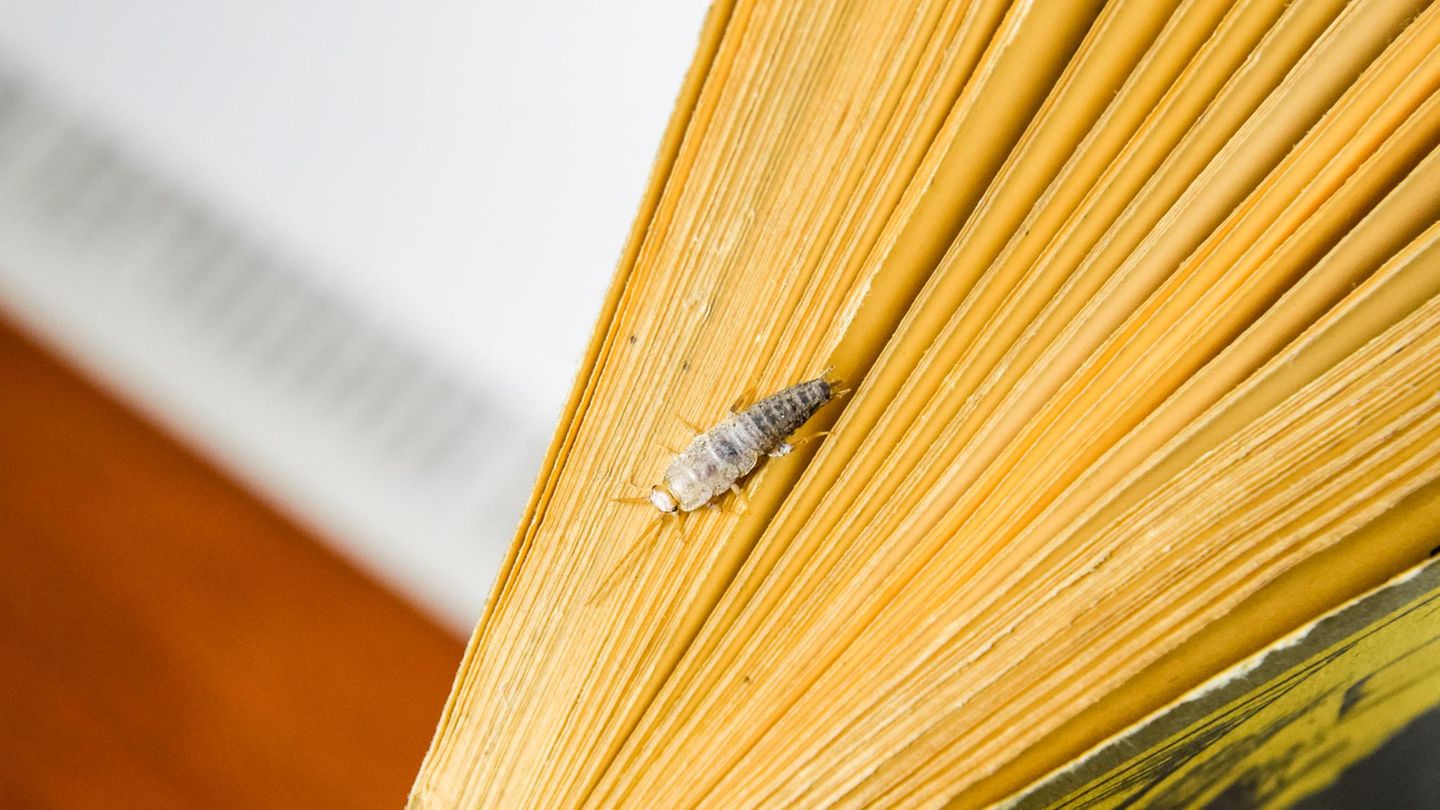“For the next BAFICI there will be no Argentine films”it alerted days ago a filmmakers pointing to the INCAA controller, whose policy is to reduce the existence of Argentine cinema to the vital minimum. By law, INCAA exists to support national cinema through credits, subsidies, local and international dissemination and proper restoration and conservation of the material.
He does, or should do so, thanks to the money he receives from the ticket offices, because 10% of each entry paid by the viewer goes to the INCAA, and there is also a contribution of the channels for each film that is broadcast. Today the Institute continues to receive that money from the taxpayers, but there we remain.
Luckily they have emerged Other backupsthrough provincial film laws and their respective institutes. Córdoba was the spearhead, years ago. Some, like Missions, Mendoza or Jujuy They encourage co -productions with other countries. Province of Buenos Aires It favors progressive bias movies, but also gives rise to apolitical. AND Buenos Aires Citywith its patronage law, it extends its support even to the antimacristas.
Now add a new contribution: the Grand Prize City of Buenos Aires To the best Argentine film of the three competitions in which the BAFICI is distributed: international, national and avant -garde & genre. The festival grants 5 million pesos to the winners of each category. The City Award, decided by a jury of filmmakers, doubles that figure. “For us, culture is not an expense. It is identity, future and an investment that projects us to the world,” says the local government’s slogan, in obvious replica to the national government that thinks the opposite.
Interesting detail, the first city prize went to “LS83”documentary of Herman Szwarcbart armed with the writer’s childhood memories Martín Kohan and mostly unknown material from the Channel 9 archive between 1973 and 1980, that is, between illusions, disappointments, sweet silver, triumphs and heinous deceptions.
As a rare chance, the international jury prize was for another documentary made with archival material, “Under the flags, the sun”of Juanjo Pereirashocking Paraguayan-Argentina co-production dedicated to remembering phases and arrogance of the government of Stroessnerthe longest dictatorship in Latin America (1954-89), only surpassed by Fidel Castro (1959-2016).
In this regard, in the Bafici a truly independent Cuban film competed, “Chronicles of the absurd”of Miguel Coyulasmade almost entirely with recordings of hidden cell phones, where painful meetings of the author, his wife and a friend with various officials seeking any artistic attempt outside the official guidelines are recorded.
Maybe some assembly with actors friends may be suspected, but there is also a video record of a meeting convened by the then president of the ICAIC (the Cuban Incaa) to deny the existence of censorship, a meeting where he ends up faced with Juan Pinthe author of “Havana de Fito” that was here at the Bafici last year. Result: The next day the official was displaced from his position, by soft. “Chronicles of the absurd” He received only a special mention from the avant -garde and gender jury, he deserved more, and also deserves to be remembered when talking about true independent cinema.
From the rest, other important national films made with two pesos: “The Virgen de la Tosquera”Better national film (Laura Casabé, terror, co -production with Mexico and Spain, filming in Las Heras), “Present continuous”Public prize (Ulises Rossel), “The river woman”Better performances (Néstor Mazzini), “Good luck of pines” (Lorena Muñoz), “Gatillero” (Cristian Tapiafilming in Maciel Island), the list is long.
That, added to the enormity of national titles shown out of competition, evidences the dedication and stubbornness of film people, who will continue to make films against wind and tide, and continue to show them in the BAFICI. And they will be, sometimes despite themselves, really independent (of the Incaa in the first place).
In addition, and as it is an international festival and we are not the navel of the world, a few awards were for productions in France, Belgium, Chile, Philippines, Georgia (“The Antique”where the bestial mode is remembered with which, a few years ago, Russia expelled almost all Georgian immigrants), Spain, USA and Brazil (the short “Minha Mae é Uma Vaca”my mother is a cow, Moara Passoni, about something more than a adolescence crisis).
Source: Ambito
I am an author and journalist who has worked in the entertainment industry for over a decade. I currently work as a news editor at a major news website, and my focus is on covering the latest trends in entertainment. I also write occasional pieces for other outlets, and have authored two books about the entertainment industry.




